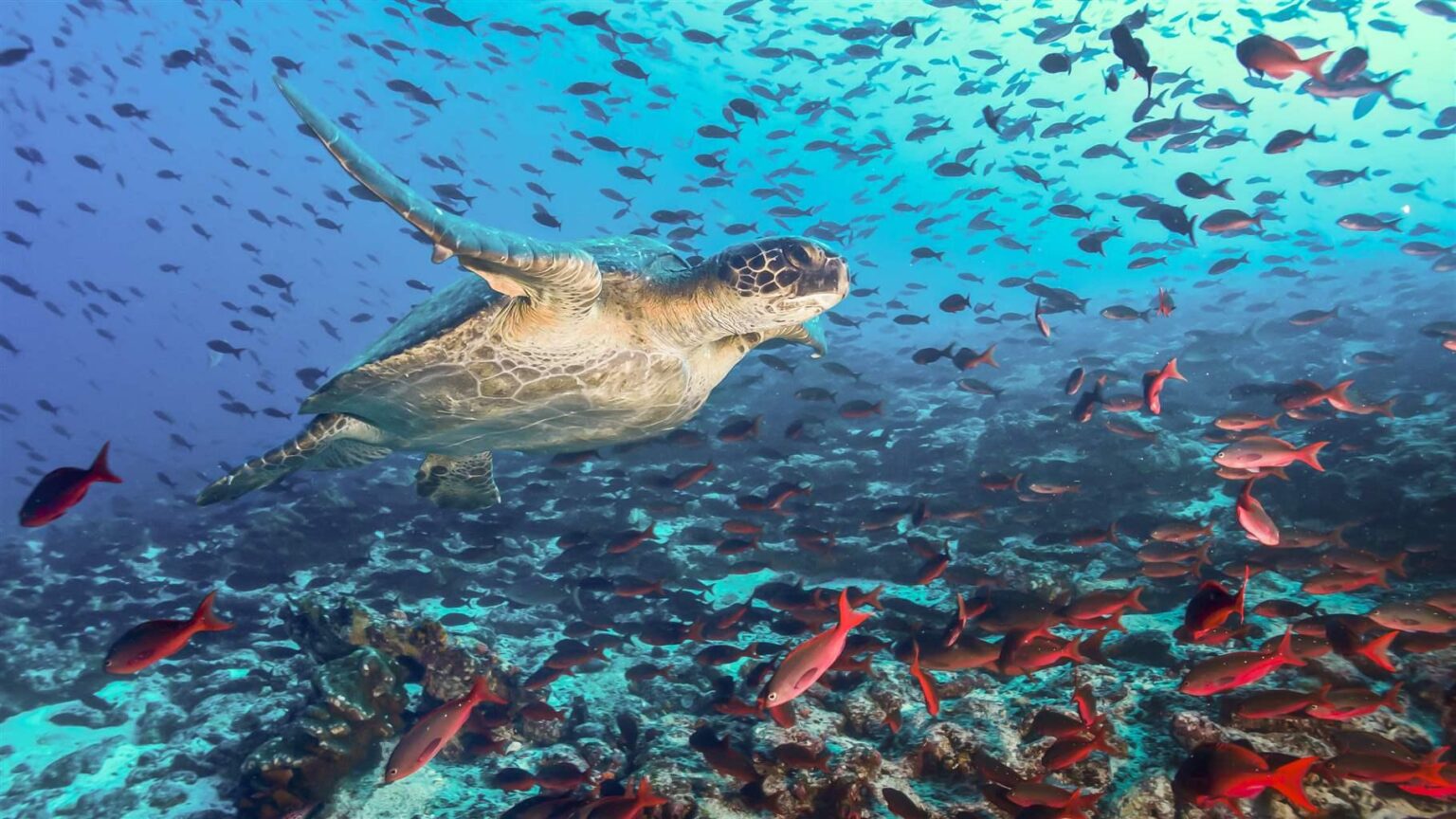The debt-for-nature swaps concept has emerged as a viable solution to address Africa’s ‘poly-crisis’ marked by debt distress, climate change, and biodiversity loss. In light of this, Gabon recently launched an initiative termed Africa’s first debt-for-nature swap.
The Central African nation intends to buy up at least $450 million of its government debt and convert it into an eco-friendly blue bond. This is with a tender offer for its sovereign dollar-denominated bonds maturing in 2025 and 2031, prompting the Eurobonds to rise as much as 2.2 cents on the dollar.
[elementor-template id="94265"]
